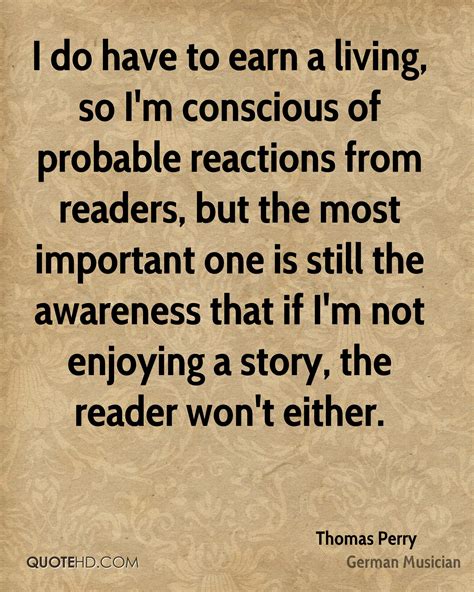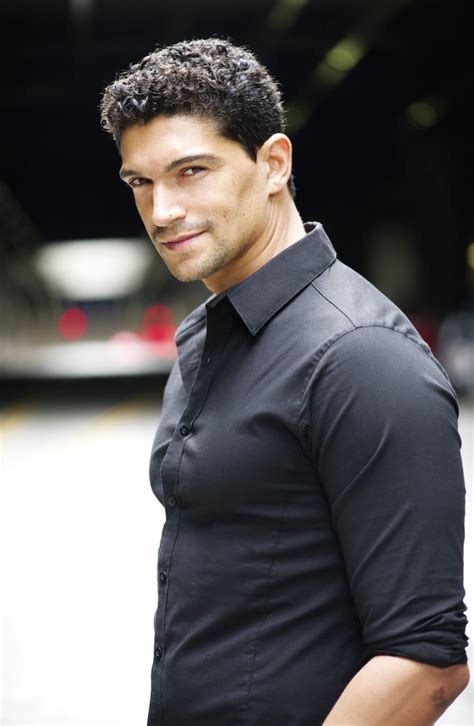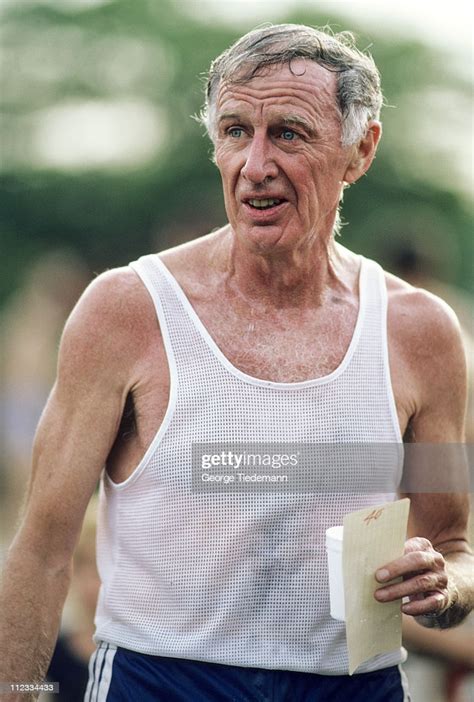A Quote by Joyce Carol Oates
If Shakespeare's great plays are variants of stories, even novels, you can see how each character is telling his story from his perspective; each is vying with the others for dominance, but in the end, in tragedy, most of these voices will die, to be replaced by the yet more vigorous voice of a younger generation.
Related Quotes
A conventional ‘success’ story is one where, with each next, the protagonist has more money, more respect, and more possessions. I’d like to suggest an alternative ‘success’ story – one where, with each next, the protagonist is closer to finding that spot where he’s no longer held back by his heart, and he explodes with talent, and his character blossoms, and the gift he has to offer the world is apparent.
Each person decides in early childhood how he will live and how he will die... His trivial behavior may be decided by reason, but his important decisions have already been made: what kind of person he will marry, how many children he will have, what kind of bed he will die in... It is incredible to think, at first, that man's fate, all his nobility and all his degradation, is decided by a child no more than six years old, and usually three... (but) it is very easy to believe by looking at what is happening in the world today, and what happened yesterday, and seeing what will happen tomorrow.
I've made the decision to adhere to three general truths when it comes to my novels: There will be a love-story element to the story, the novel will be set in eastern North Carolina, and the characters will be likeable. Then, I make each novel unique through differences in voice, perspective, age and personalities of the characters, and of course, plot.
Every story is flawed, every story is subject to change. Even after it is set down to print, between covers of a book, a story is not immune to alteration. People can go on telling it in their own way, remembering it the way they want. And in each telling the ending may change, or even the beginning. Inevitably, in some cases it will be worse, and in others it just might be better. A story, after all, does not only belong to the one who is telling it. It belongs, in equal measure, to the one who is listening.
It was an unforgettable picture to see Chopin sitting at the piano like a clairvoyant, lost in his dreams; to see how his vision communicated itself through his playing, and how, at the end of each piece, he had the sad habit of running one finger over the length of the plaintive keyboard, as though to tear himself forcibly away from his dream.
No matter how old I get, the race remains one of life's most rewarding experiences. My times become slower and slower, but the experience of the race is unchanged: each race a drama, each race a challenge, each race stretching me in one way or another, and each race telling me more about myself and others.
Each organic being is striving to increase in a geometrical ratio . . . each at some period of its life, during some season of the year, during each generation or at intervals, has to struggle for life and to suffer great destruction . . . The vigorous, the healthy, and the happy survive and multiply.
In whatever area in life one may meet the challenges of courage, whatever may be the sacrifices he faces if he follows his conscience - the loss of his friends, his fortune, his contentment, even the esteem of his fellow men - each man must decide for himself the course he will follow. The stories of past courage can define that ingredient - they can teach, they can offer hope, they can provide inspiration. But they cannot supply courage itself. For this each man must look into his own soul.
His books were part of him. Each year of his life, it seemed, his books became more and more a part of him. This room, thirty by twenty feet, and the walls of shelves filled with books, had for him the murmuring of many voices. In the books of Herodotus, Tacitus, Rabelais, Thomas Browne, John Milton, and scores of others, he had found men of face and voice more real to him than many a man he had met for a smoke and a talk.






































